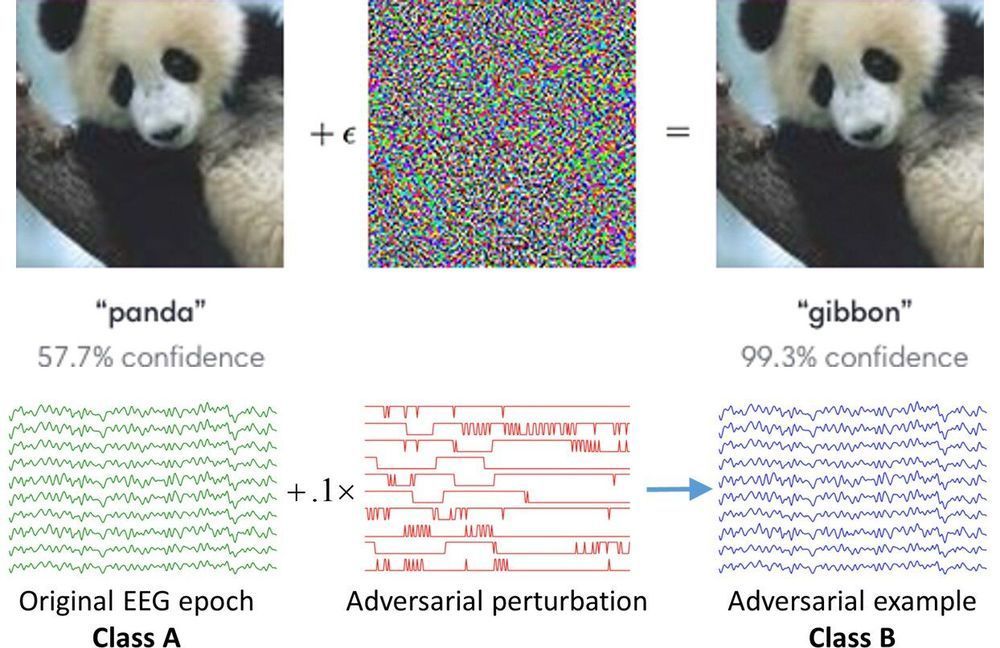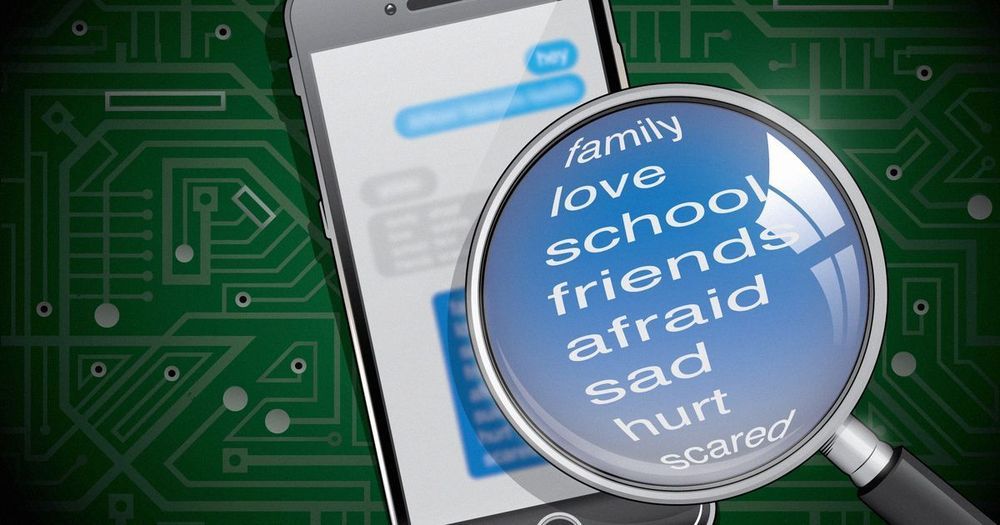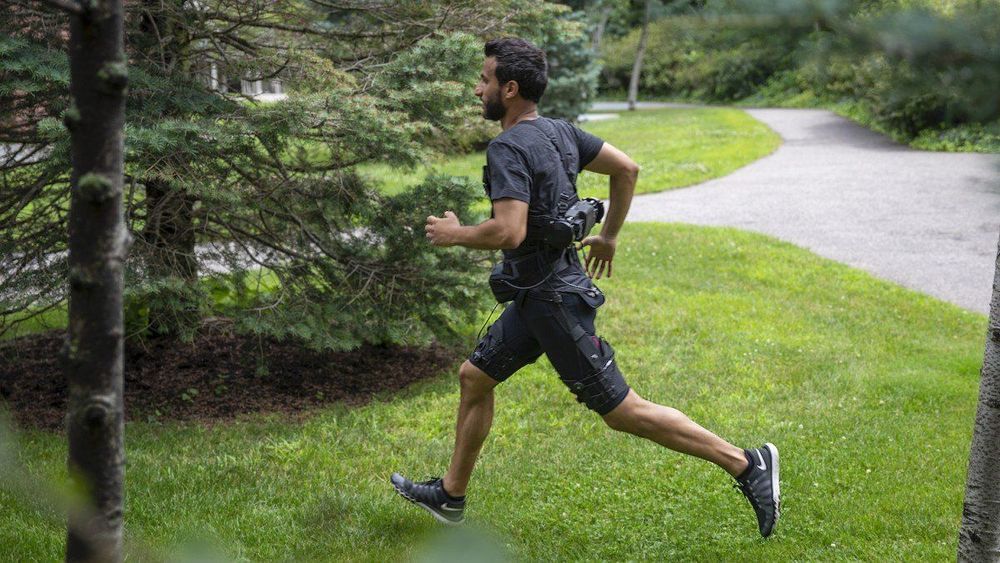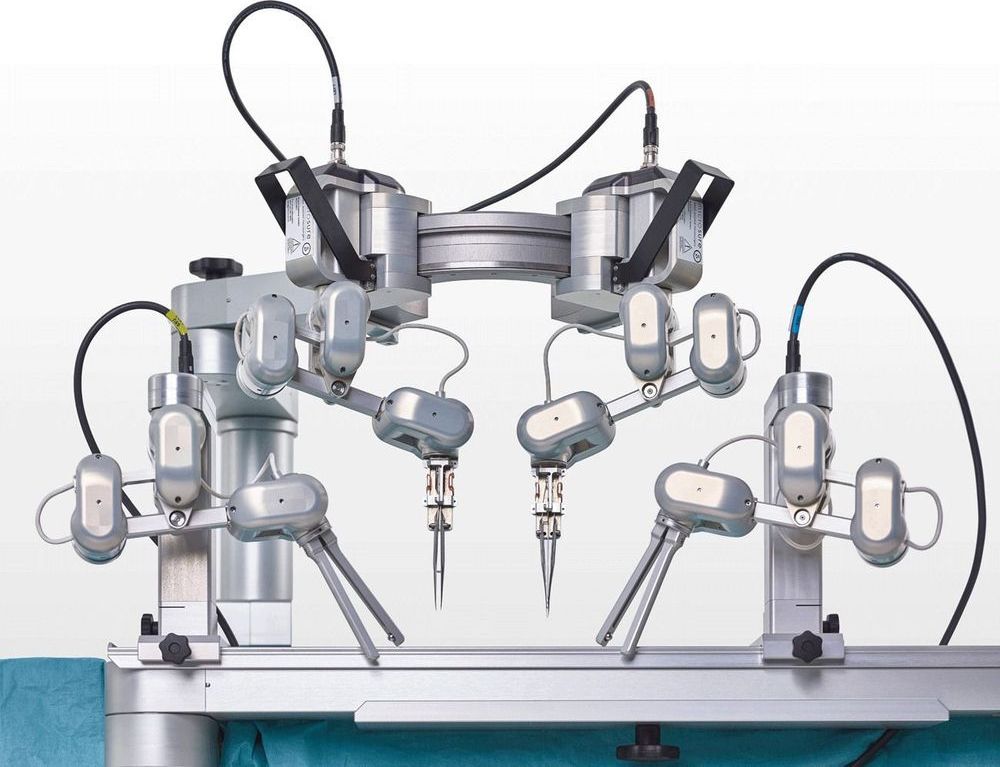Meet Surena IV, an adult-size humanoid built by University of Tehran roboticists.
A little over a decade ago, researchers at the University of Tehran introduced a rudimentary humanoid robot called Surena. An improved model capable of walking, Surena II, was announced not long after, followed by the more capable Surena III in 2015.
Now the Iranian roboticists have unveiled Surena IV. The new robot is a major improvement over previous designs. A video highlighting its capabilities shows the robot mimicking a person’s pose, grasping a water bottle, and writing its name on a whiteboard.
Surena is also shown taking a group selfie with its human pals.





